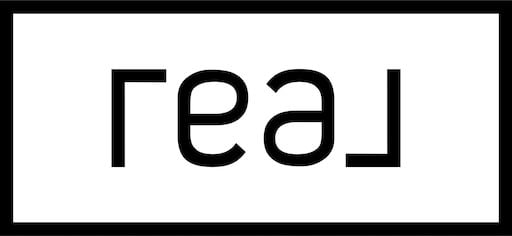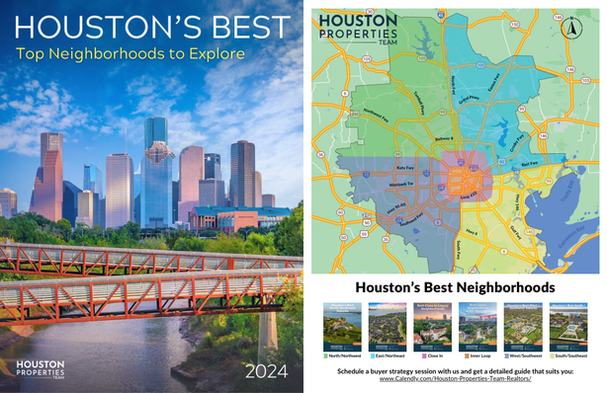Homeowners Association Guide
Houston Homeowners Association. Learn about Homeowners Associations in Houston Texas Neighborhoods, Subdivisions, And Residential Buildings.
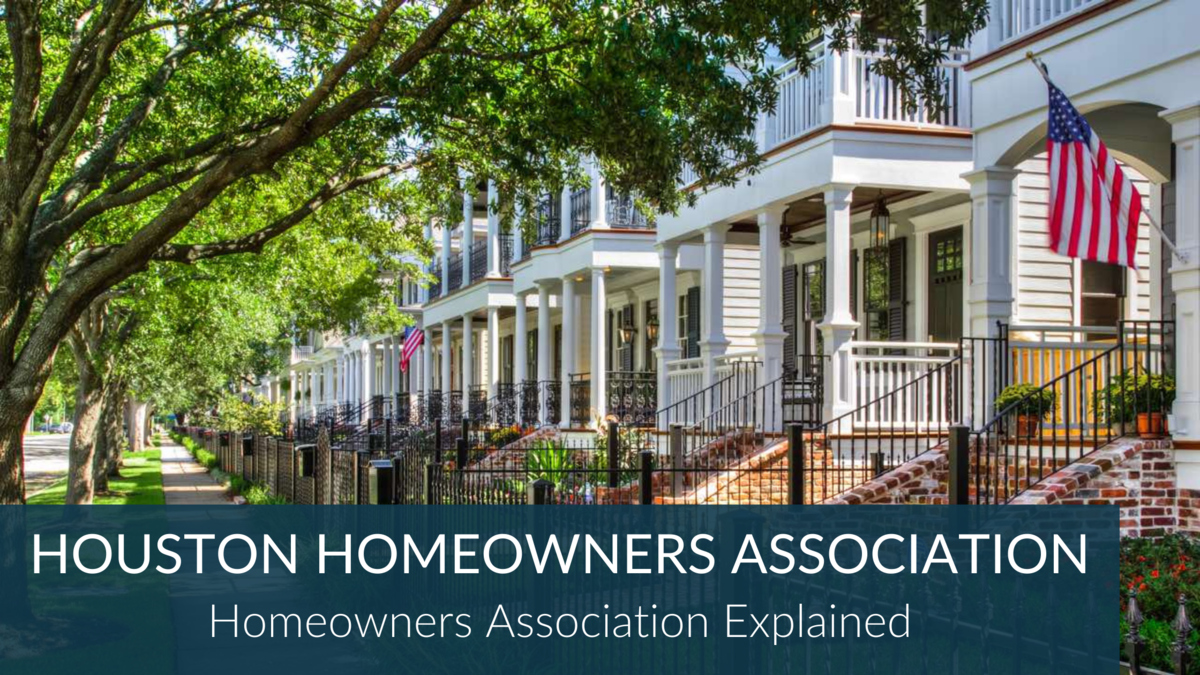
Homeowners Associations are either deal-breakers or deal-sealers for homebuyers. If you are looking for a Houston home for sale, you might have heard about Homeowners Associations. You will find out that some communities have mandatory membership.
For a regular fee, they help protect property values. You can expect them to follow up on contractors for needed maintenance in the neighborhood. They will also inform you of the latest or upcoming developments in your community.
Learn more about Homeowners Associations or HOA. This guide explains the reason for their creation. It briefly discusses how they work as groups. The article also tackles their duties.
"The Houston Properties Team under the leadership of Paige Martin is one of the most successful real estate teams in Texas. Paige and her team take the pain out of the real estate experience through hard work, proprietary systems and processes, and a deep understanding of the hyper-local Houston real estate market. She's ranked #5 in Keller Williams worldwide and #1 in Houston with good reason." – Sandy (Google Review)
Table of Contents
- Homeowners Associations Explained
- View More Houston Resources
- The Best Houston Realtor to Sell Your Home
Homeowners Associations Explained
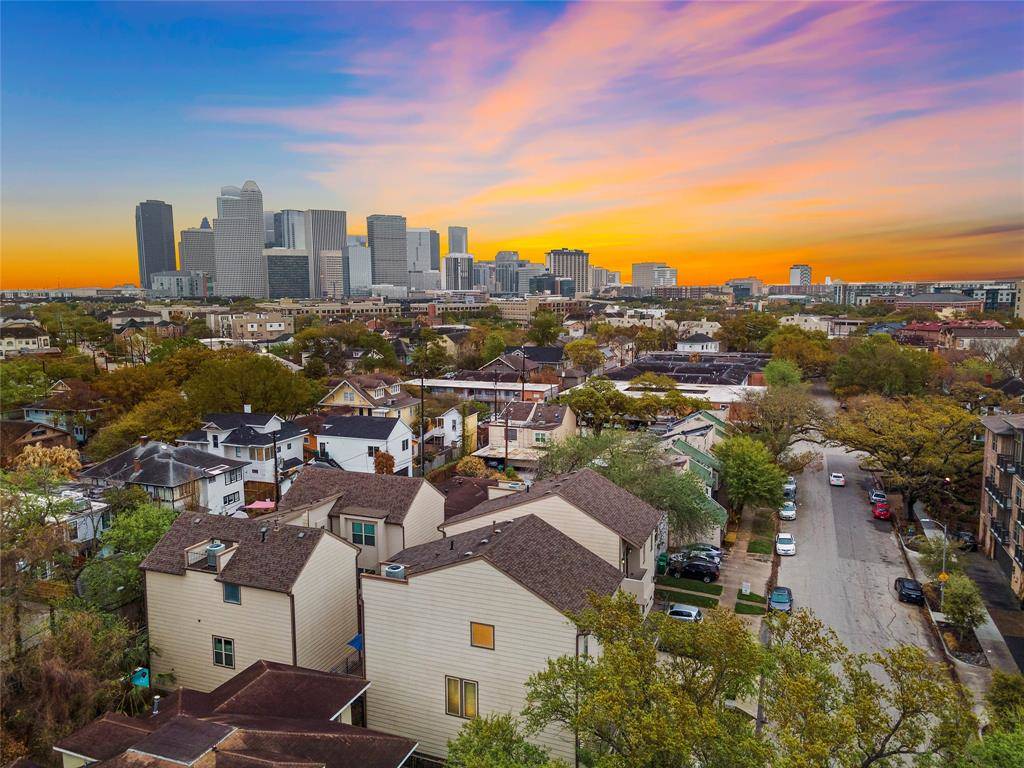
To speak with a Houston Realtor at HoustonProperties.com about buying or selling a Houston property, call 713-425-4194 today or contact [email protected] for more information.
Homeowner associations are created to manage the common areas of a community and provide necessary services from which all property owners benefit. They are a market response to people’s desires to live in a certain kind of neighborhood.
Homeowner associations are more than a product of state laws. They are private parties that do not qualify as state actors.
Homeowner associations are private organizations that usually are incorporated and restrict membership to homeowners. They are typically governed by an elected board.
Homeowner associations are governed by their own bylaws, and whenever you move into a community that has an association, you’ve effectively agreed to live by those rules. Homeowner associations are private groups usually requiring membership fees.
Homeowner Associations are established by developers and generally require the participation of all residents of a neighborhood through a caveat that requires payment of an annual fee ranging from $50 to $250/year. They are established by what is commonly referred to as a Declaration of Covenants, Easements, and Restrictions.
Homeowner associations are often able to provide amenities (such as parks, pools, and clubhouses) that would otherwise be difficult to procure from many cash-strapped local governments.
Most Homeowner Associations are formed to maintain common areas in a community including caring for common areas, community centers, tot lots, pools, hiking trails, etc.
Homeowner associations are private entities attentive to the quality of life issues specific to the neighborhoods they serve. When homeowner associations are properly conceived and constructed, they work very well.
View More Houston Resources
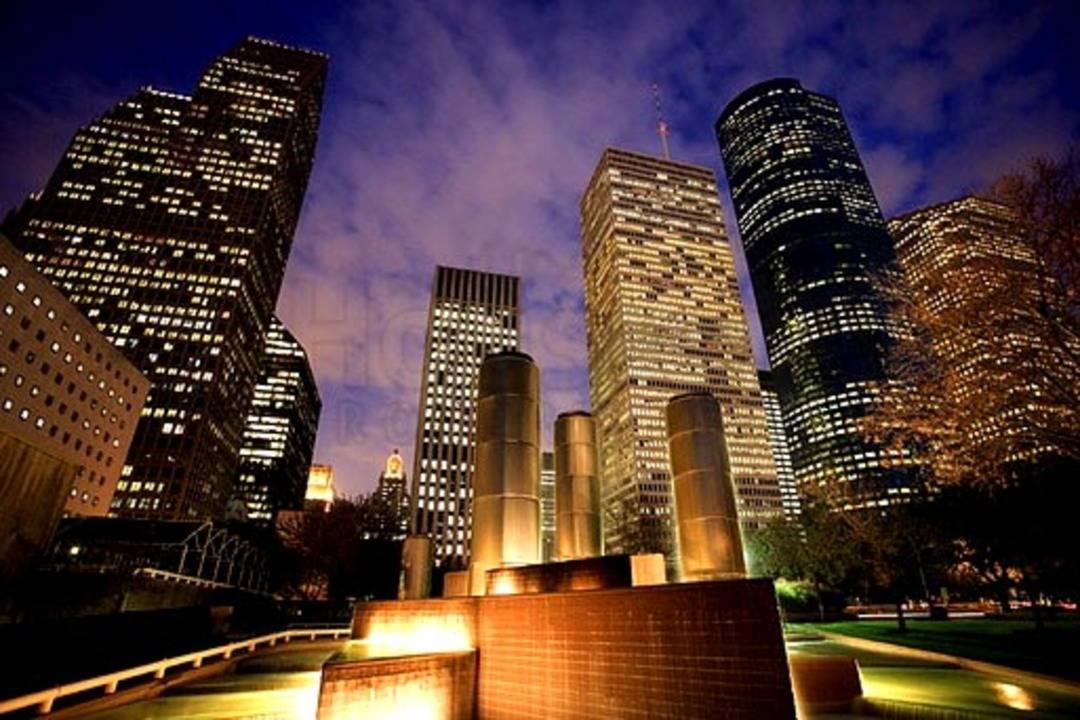
“Paige Martin and her team are simply the best. She has worked with my husband and me for the last couple of years in our quest to find the perfect first home. She was patient with us throughout the process and took the time to answer all of our questions! She knows so much about the housing market so we felt very confident that we were in great hands!” – Dr. Jen Shroff
The Best Houston Realtor to Sell Your Home

The Houston Properties Team has a well-defined structure based on the individual strengths of each member. Each member is a specialist in their role – which is why our homes sell faster and for more money than average.
Paige Martin, Broker Associate with Keller Williams Realty, and the Houston Properties Team are ranked among the top residential Realtors in the world.
They have been featured on TV and in dozens of publications including The Wall Street Journal, Fortune Magazine, Reuters, Fox News in the Morning, Money Magazine, Houston Business Journal, Houstonia, and Houston Chronicle.
Paige Martin was just ranked as the #5 agent in the world with Keller Williams, completing over $1 Billion in Houston residential real estate sales.

Recent awards include:
– 2022: #1 Residential Real Estate Team by Sales Volume, Houston Business Journal
– 2021: Best Real Estate Teams in America, RealTrends.com
– 2021: Top 100 Women Leaders in Real Estate of 2021
– 2021: America’s Top 100 Real Estate Agents
– 2021: Top Real Estate Team (Houston Properties Team), Houston Business Journal
– 2021: Best Houston Real Estate Team, Best of Reader’s Choice
– 2021: Top Real Estate Team (Houston Properties Team), Houston Business Journal
– 2021: #1 Real Estate Team, Keller Williams Memorial
– 2020: America’s Best Real Estate Teams, Best of America Trends
– 2020: Best Houston Real Estate Team, Best of Reader’s Choice
– 2020: Top Real Estate Team (Houston Properties Team), Houston Business Journal
– 2020: #6 Individual Agent, Keller Williams, Worldwide
– 2020: #1 Individual Agent, Keller Williams, Texas (Top Keller Williams Realtor)
– 2020: #1 Real Estate Team, Keller Williams Memorial
- 2019: Top Residential Realtors in Houston, Houston Business Journal
- 2019: America’s Best Real Estate Agents, RealTrends.com
- 2019: #5 Individual Agent, KW Worldwide
- 2019: #1 Individual Agent, KW Texas
- 2018: #5 Individual Agent, Keller Williams, Worldwide
- 2018: #1 Individual Agent, Keller Williams, Texas
- 2018: #1 Individual Agent, Keller Williams, Houston
- 2018: America’s Best Real Estate Agents, RealTrends.com
- 2018: Top 25 Residential Realtor in Houston, Houston Business Journal
- 2018: Texas’ Most Influential Realtors
- 2017: #1 Individual Agent, Keller Williams, Texas
- 2017: #1 Individual Agent, Keller Williams, Houston
- 2017: #10 Individual Agent, Keller Williams, Worldwide
- 2017: America’s Best Real Estate Agents, RealTrends.com
- 2017: Top 25 Residential Realtor in Houston, Houston Business Journal
- 2017: Texas’ Most Influential Realtors
- 2016: #1 Individual Agent, Keller Williams, Texas
- 2016: #1 Individual Agent, Keller Williams, Houston
- 2016: #20 Individual Agent, Keller Williams, Worldwide
- 2016: Texas’ Most Influential Realtors
- 2016: Top 25 Residential Realtor in Houston, HBJ
- 2016: Five Star Realtor, Featured in Texas Monthly
- 2016: America’s Best Real Estate Agents, RealTrends.com
- 2015: #9 Individual Agent, Keller Williams, United States
- 2015: #1 Individual Agent, Keller Williams, Texas
- 2015: #1 Individual Agent, Keller Williams, Houston
- 2015: America’s Best Real Estate Agents, RealTrends.com
- 2015: Top 25 Residential Realtor in Houston, HBJ
- 2015: Five Star Realtor, Texas Monthly Magazine
- 2014: America’s Best Real Estate Agents, RealTrends.com
- 2014: #1 Individual Agent, Keller Williams Memorial
...in addition to over 318 additional awards.
Paige also serves a variety of non-profits, and civic and community boards. She was appointed by the mayor of Houston to be on the downtown TIRZ board.
Benefits Of Working With The Houston Properties Team

Our team, composed of distinguished and competent Houston luxury realtors, has a well-defined structure based on the individual strengths of each member.
We find the team approach as the most effective way to sell homes. We have dedicated people doing staging, marketing, social media, open houses, and showings. Each Houston Properties Team member is a specialist in their role—which is why our homes sell faster and for more money than average.
The benefits of working with a team include:
- the ability to be in two or three places at one time; a member can handle showings, while another answer calls
- collective time and experience of members
- targeted advice and marketing of agent expert in your area
- competitive advantage by simply having more resources, more ideas, and more perspectives
- a “checks and balances” system; selling and buying a home in Houston is an intensely complex process
- more people addressing field calls and questions from buyers and agents to facilitate a faster, successful sale
- efficient multi-tasking; one agent takes care of inspections and repair work, while another agent focuses on administrative details
- multiple marketing channels using members’ networks
- constant attention: guaranteed focus on your home and your transaction
- lower risk for mistakes. Multiple moving parts increase oversights. A team approach handles these “parts” separately
- flexibility in negotiation and marketing
- better management of document flow
- increased foot traffic through more timely and effective showing schedule coordination; and
- increased sphere of influence and exposure to more potential buyers.
To meet all the award-winning members of the Houston Properties Team, please go here.
